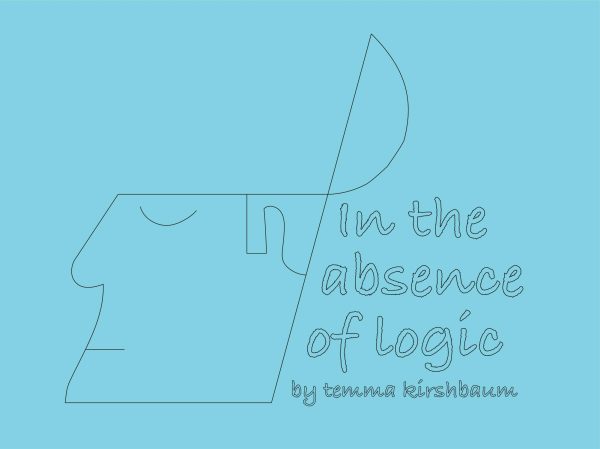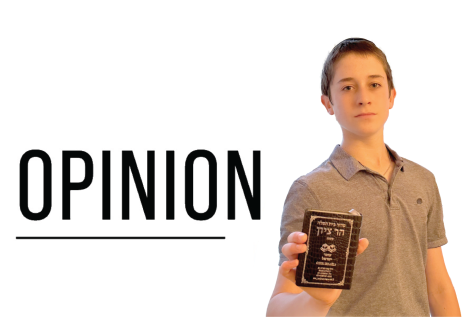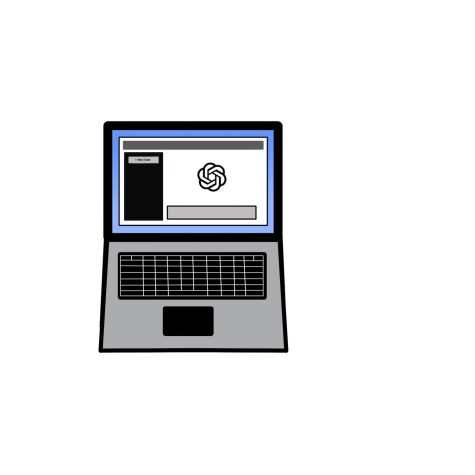OPINION: Becoming an undercover Jew
LIFT: An ordinary car service ride took a surprising turn recently when a student revealed she was Jewish.
Growing up in a Modern Orthodox community in a free country, I’ve always been proud of my Judaism and have felt safe to express it. But is there a limit to how open I should be?
On an early afternoon in late December, during winter break, I called a Lyft — an Uber-like transportation service — to meet some friends for lunch. I don’t usually chat with drivers, but he seemed friendly and struck up what sounded like harmless holiday small talk.
“How was your Christmas?” he asked.
Normally, I would mumble a couple of words to avoid furthering the topic, but this time I decided to just lay it straight.
“I don’t celebrate Christmas,” I said. “I’m Jewish.”
That’s when I experienced something I had never experienced before — antisemitism.
The driver said that Jews killed Jesus, and that this made the entire nation untrustworthy; that if Hitler had taken over America like in the show The Man in the High Castle, it would be scary “for you guys,” and that the six million slaughtered during the Holocaust wasn’t a lot.
In the moment, I didn’t realize that this was antisemitism, because — having never been exposed to it — I didn’t really understand that it could be expressed in a form other than terrorism.
So I said goodbye to the Lyft driver, and went on with my day. I gave him three out of five stars, instead of the perfect rating I usually give, and wrote that “he made inappropriate comments about Jews.”
But for the rest of the week there was an unsteadiness in me. Were these comments more than “inappropriate”? Did he deserve zero stars? Finally I asked my dad about it.
He was shocked by what the driver had said, and asked me why I told him I was Jewish. In some circumstances, my dad explained, it’s better not to share your Jewish identity. I was taken aback when he said this — I hadn’t even questioned telling the driver that I was Jewish.
If I am afraid of telling people I’m Jewish, does that mean I’m not proud of who I am?
After some thought, I realized that no, it does not. Pride will be there, regardless of whether you choose to share it with the world. It’s personal, internal. The way you feel on the inside doesn’t have to always mirror what you say on the outside.
And I get it — for a proud Jew, it might require an incredible amount of discipline to keep quiet when your religion is attacked by an antisemite. But sometimes safety is more important than expressing your opinion.
So It is okay to hide your Judaism, and you’re not any less of a Jew if you do.

After serving as a staff writer, columnist and Opinion Editor, Eva Suissa is now the Torah Editor for The Boiling Point. Growing up with a father who's also a writer, she has always appreciated the power of words. In ninth grade, she won two national high school poetry contests for a poem titled "Crying With God." Aside from being an editor, Eva is the president of the Remember Us Teen Board, and a member of a competitive dance team. In her free time, she enjoys drawing, playing the piano and spending time with her four siblings.







Eva Suissa • Feb 23, 2017 at 5:48 pm
EVA SUISSA REPLIES:
Dear Mr. Schlacht,
Thank you for your comment. I would have given the driver zero stars had I known how antisemitic his comments really were. Also, Lyft sent me an email apologizing for his “inappropriate comments,” so I can trust that they will make sure he doesn’t say those things again.
David schlacht • Feb 20, 2017 at 8:55 pm
I can relate to the article but i dont understand why you gave him 3 stars and didn’t report him to lyft or mention his hateful demeanor to warn other drivers.
Thanks for sharing and speaking up.